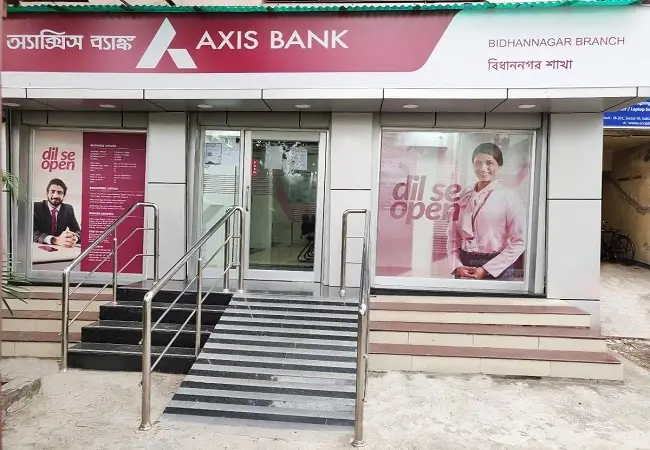Growth. Innovation. Trust
Loan Against Property
A loan against property, often abbreviated as LAP, is a type of secured loan where you can pledge your property (such as a house, land, or commercial property) as collateral to obtain funds from a lender. The amount you can borrow typically depends on the value of the property being pledged, and the loan tenure and interest rates can vary based on the lender’s policies and your creditworthiness. It’s crucial to carefully consider the terms and conditions, repayment schedule, and potential risks before opting for a loan against property.
How To Get
To obtain a loan against property, you typically need to follow these steps:
1. Assess Your Property: Determine the value of the property you intend to pledge as collateral. Lenders usually consider the market value of the property to determine the loan amount you are eligible for.
2. Check Eligibility: Understand the eligibility criteria set by different lenders, including your income, age, credit score, and property ownership status. Different lenders may have different requirements.
3. Choose a Lender: Research and compare loan against property offerings from various financial institutions, including banks, non-banking financial companies (NBFCs), and housing finance companies.
4. Documentation: Gather the necessary documents, which typically include identity proof, address proof, property documents, income proof (such as salary slips or income tax returns), and bank statements.
5. Application: Fill out the loan application form provided by the chosen lender. Submit the required documents along with the application form.
6. Property Valuation: The lender will conduct a valuation of the property to assess its current market value and verify its authenticity.
7. Loan Approval: After evaluating your application and property, the lender will decide whether to approve the loan. If approved, they will communicate the loan amount, interest rate, tenure, and other terms.
8. Disbursement: Upon loan approval, the lender will disburse the loan amount either as a lump sum or in installments, depending on the agreement.
9. Repayment: Repay the loan amount along with the applicable interest as per the agreed-upon repayment schedule. Failure to repay the loan could result in the lender auctioning off the pledged property to recover the outstanding amount.
It’s essential to carefully review the terms and conditions, including interest rates, processing fees, prepayment charges, and foreclosure conditions, before finalizing the loan against property. Additionally, consider consulting a financial advisor to ensure it aligns with your financial goals and capabilities.
- Home Loan
- Car Loan
- Education Loan
- Business Loan
- Personal Loan
- MSME Loan
- OD/CC Limit
- Industrial Loan
- Commercial Loan
Lenders Name










About Us
With the Experience of more than 2 decades of various services we Established Digy Service in 2018 with the aim of to bring financial and digital solution services under one roof.
Pages
- About Us
- Contact Us
- Privacy Policy
- Disclaimer
